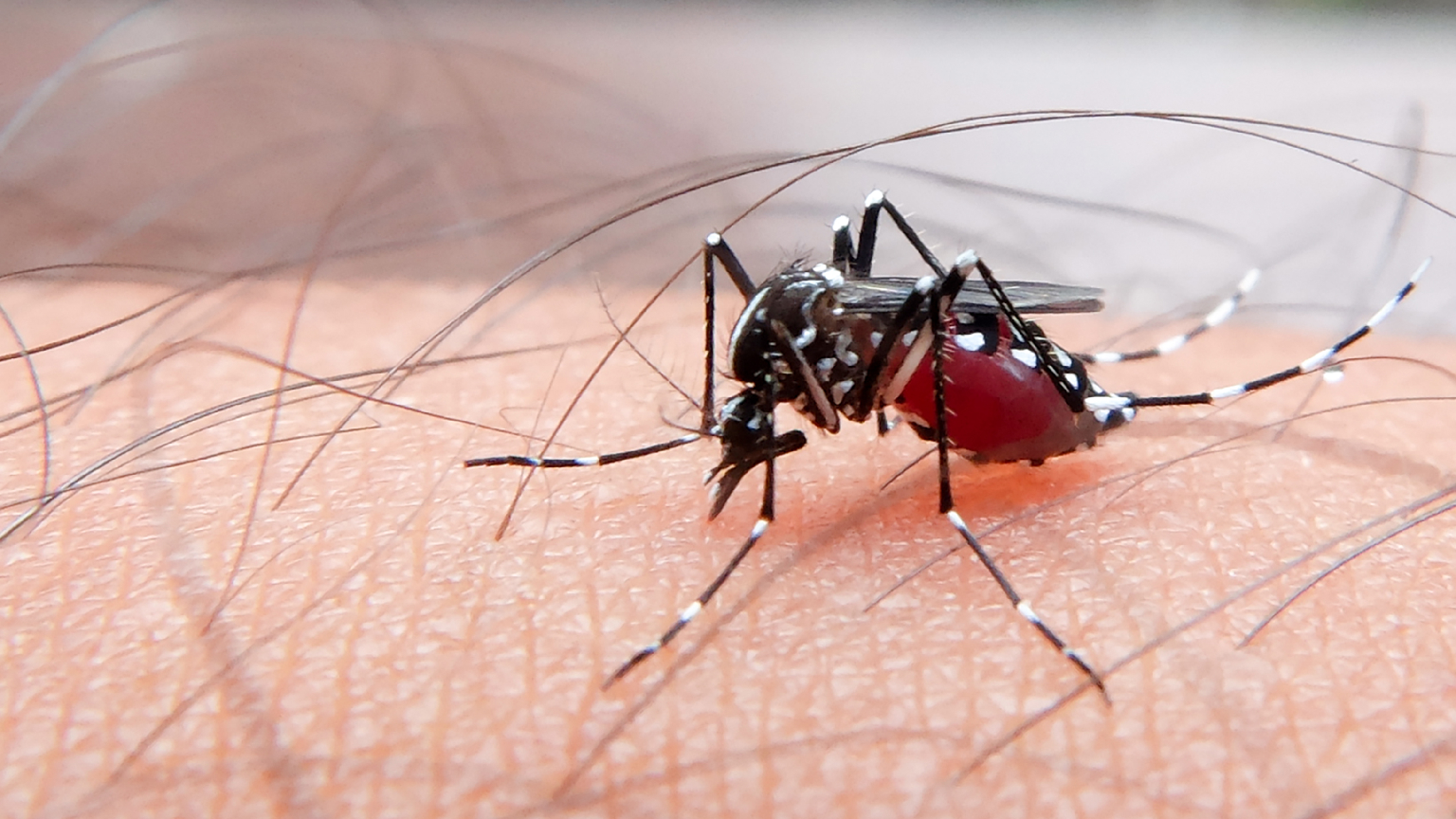Malaria is a life-threatening illness that continues to plague tropical and subtropical regions worldwide. As a doctor, I see firsthand the devastating impact it can have, but I also want to assure you that malaria is both preventable and treatable. In this blog post, we’ll delve into the details of malaria, so you can understand the disease and protect yourself.
The Culprit: A Parasitic Intruder
Malaria is caused by a single-celled parasite called Plasmodium. These invaders enter the human body through the bite of infected female Anopheles mosquitoes.
The Malaria Life Cycle: From Bite to Illness
Here’s a simplified breakdown of the malaria life cycle:
- Mosquito Bite: An infected mosquito injects Plasmodium parasites into your bloodstream.
- Liver Invasion: The parasites travel to your liver, where they mature and multiply.
- Red Blood Cell Attack: Matured parasites rupture from the liver and invade red blood cells.
- Replication and Rupture: Inside red blood cells, the parasites multiply again, causing the infected cells to burst.
- Symptoms and Cycles: These rupturing releases toxin, triggering the characteristic symptoms of malaria and potentially continuing the cycle if another mosquito bites.
Symptoms to Watch Out For
The symptoms of malaria typically appear 10-15 days after the infective mosquito bite. However, in some cases, symptoms can appear several months later.
Malaria symptoms can vary depending on the specific Plasmodium species and the severity of the infection The common symptoms of malaria include:
- Fever and Chills: These are often cyclical, with fever spikes followed by periods of sweating and chills.
- Headache: Intense and persistent headaches are common.
- Nausea and Vomiting: Digestive issues including nausea and vomiting frequently occur.
- Muscle Pain and Fatigue: Generalized muscle pain and profound fatigue are typical symptoms.
- Sweats: Profuse sweating can follow fever spikes.
- Anemia: Destruction of red blood cells by the parasite can lead to anemia, causing weakness and shortness of breath.
- Jaundice: In some cases, jaundice (yellowing of the skin and eyes) may develop due to liver involvement.
The Dangers of Untreated Malaria
If left untreated, malaria can progress to severe complications, including:
- Cerebral malaria: This life-threatening condition affects the brain and can lead to coma and seizures.
- Severe anemia: The destruction of red blood cells can cause severe anemia, leading to weakness and shortness of breath.
- Organ failure: Malaria can damage vital organs like the kidneys and lungs.
Who’s Most at Risk?
- Travelers to malaria-endemic regions (primarily tropical and subtropical areas) are particularly susceptible.
- Additionally:
- pregnant women
- young children, and
- people with weakened immune systems are at higher risk of developing severe complication.
Diagnosing Malaria
Malaria is diagnosed through blood tests that detect the presence of the malaria parasite. The most common diagnostic methods include:
- Microscopic Examination: A blood smear is stained and examined under a microscope to identify the presence and type of malaria parasite.
- Rapid Diagnostic Tests (RDTs): These tests detect specific antigens produced by malaria parasites and provide results quickly.
Treating Malaria
Malaria treatment depends on the type of Plasmodium parasite and the severity of the infection. The primary treatment for malaria involves antimalarial medications, which include:
- Artemisinin-based Combination Therapies (ACTs): These are the most effective treatments for P. falciparum malaria.
- Chloroquine: This drug is used for treating P. vivax, P. ovale, P. malariae, and P. knowlesi infections in regions where resistance is not a problem.
- Other Medications: Depending on the specific situation, other drugs such as quinine, mefloquine, or primaquine may be used.
For severe malaria, prompt intravenous (IV) treatment is necessary, often in a hospital setting. Supportive care to manage complications, such as:
- fluids and electrolytes
- blood transfusions, and
- treatment for anemia, may also be required.
Preventing Malaria: Your Best Defense
While there’s no foolproof way to prevent malaria bites entirely, several measures can significantly reduce your risk:
- If traveling to a malaria-endemic area:
- Consult your doctor about antimalarial medication well before your trip.
- Use insect repellent containing DEET or other approved repellents.
- Wear long-sleeved clothing and pants, especially at dusk and dawn when mosquitoes are most active.
- Sleep under insecticide-treated bed nets.
- Community-level efforts:
- Implement mosquito control measures like spraying insecticides and reducing mosquito breeding grounds.
- Promote the use of bed nets and early diagnosis and treatment.
- Preventing malaria involves several strategies aimed at reducing mosquito bites and controlling the mosquito population:
- Insecticide-Treated Nets (ITNs): Sleeping under insecticide-treated bed nets significantly reduces mosquito bites.
- Indoor Residual Spraying (IRS): Spraying the inside of homes with insecticides kills mosquitoes that encounter treated surfaces.
- Preventive Medications: Travelers to malaria-endemic areas are often prescribed antimalarial medications as a preventive measure.
- Eliminating Breeding Sites: Reducing stagnant water sources where mosquitoes breed helps control the mosquito population.
- Protective Clothing and Repellents: Wearing long sleeves and using insect repellents can reduce the risk of mosquito bites.
Remember:
- Malaria is a serious but treatable disease.
- Early diagnosis and treatment are critical for a full recovery.
- Take preventative measures to avoid mosquito bites if traveling to high-risk areas.
- Talk to your doctor before traveling to discuss your risk and appropriate preventive measures.
By understanding malaria and taking steps to protect yourself, you can significantly reduce your risk of contracting this preventable disease. If you have any concerns or suspect you might have malaria, don’t hesitate to consult your doctor right away.
Stay informed, take precautions, and don’t hesitate to talk to your doctor about malaria prevention, especially if you’re planning to travel to a high-risk area.








